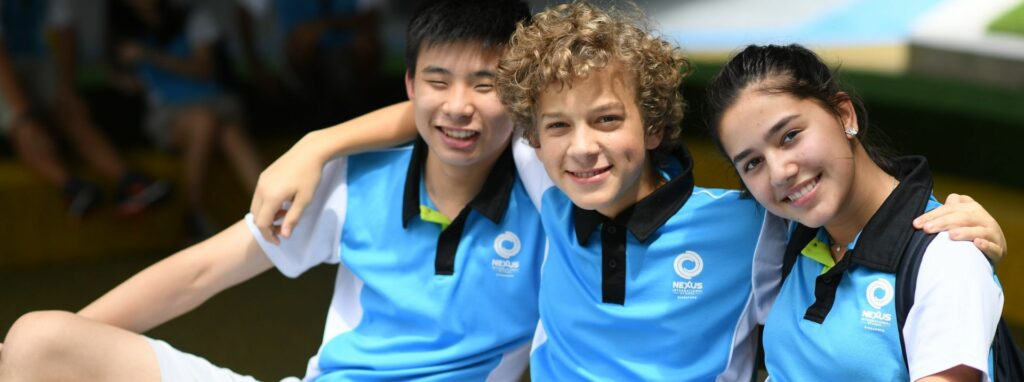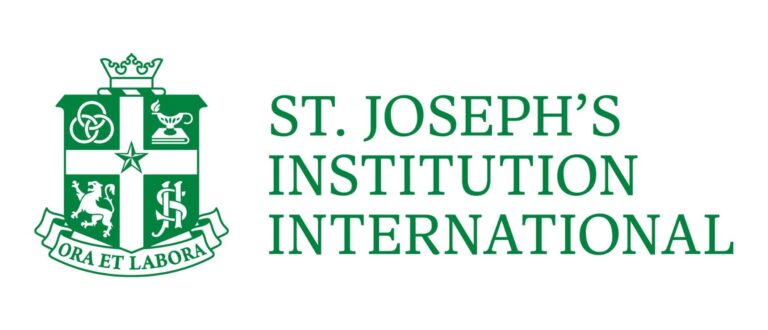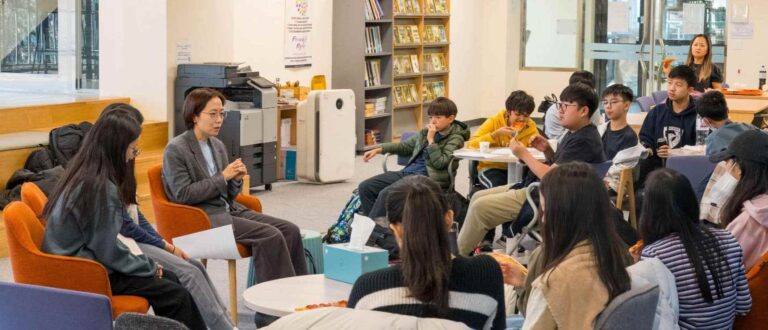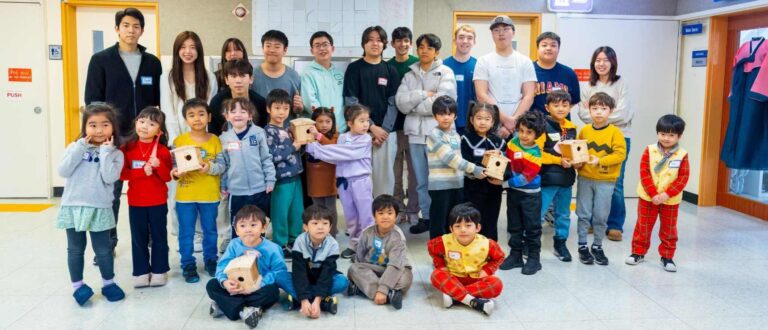How is a student’s holistic development linked to academic success? Here’s what the research has to say.
When we think of achieving good results in school, we often associate this with toiling away at worksheets and textbooks while burning the midnight oil. These sorts of studying habits and methods usually work best for learning on a short-term basis to score well on examinations – children work hard to score for their current academic needs. However, this minimises the importance of the holistic development of each child. Research in recent years has shown that education with the prioritisation of a child’s well-being is a double-win, with the child flourishing as a happy and well-rounded individual, while also garnering good results at school.
How do relationships improve well-being?
Nexus International School (Singapore) bases its educational best practices by learning and staying updated on these research findings so that they can provide their learners with an enriching learning environment. Nexus also believes that building good relationships are quintessential to the learners’ experience and well-being. As children are highly malleable and learn socially, they naturally absorb information from their surroundings and the people around them. Hence, Nexus creates a positive and warm environment for its learners to thrive.

Dr. Heather Millington, Nexus’ Secondary Head of School, cites Maslow’s Hierarchy of Needs, which states that all individuals need to have their basic needs met before they can reach self-actualisation, a state where one can strive towards being the best that they can be. As such, Nexus focuses on pastoral care, whereby its educators care for the social-emotional needs of children. It is very intentional about setting a supportive community for its learners as its top priority is to ensure that learners feel safe and supported so that they can achieve their personal bests without any inhibitions; Nexus achieves this by developing strong relationships.
How do school arrangements affect children?
As a K-12 institution, it takes various approaches to developing these close relationships throughout the school. In primary, learners stay in fixed classes with the same classmates and teachers, so they are able to build good and strong relationships. Conversely, in secondary, learners rotate between classes for different subjects. With this in mind, Nexus formed tutor groups with no more than 12 learners (with one teacher) to help them build closer bonds with familiar peers and have a teacher that they can confide in as a trusted adult.

With these arrangements in place, the children know that they are in a safe space and are more willing to try new things and make mistakes. These hands-on, inquisitive and personal experiences help with their retention of topics and application to real-world situations and solutions. Beyond learning about content, Nexus teaches its learners how to use critical thinking and problem solving skills that are applicable for all situations, even beyond their time at the school. They achieve resourceful and flexible individuals who will thrive in all circumstances, including the uncertain future.
Overall Benefits
Other than boosted academic performance and retention, children who have better overall well-being also have enhanced intrinsic motivation, improved school satisfaction and most importantly, more positive emotions such as happiness, appreciation and many more. These children overcome failures effectively and have higher self-esteem while pursuing meaningful activities.

Other than the support offered by the teachers and administration of schools like Nexus, it is also important to note that parents play an important role in a child’s well-being. As one of their most significant relationships in their lives, it is also critical that parents can also have safe and constructive conversations with their children to build resilience and provide a supportive environment.





